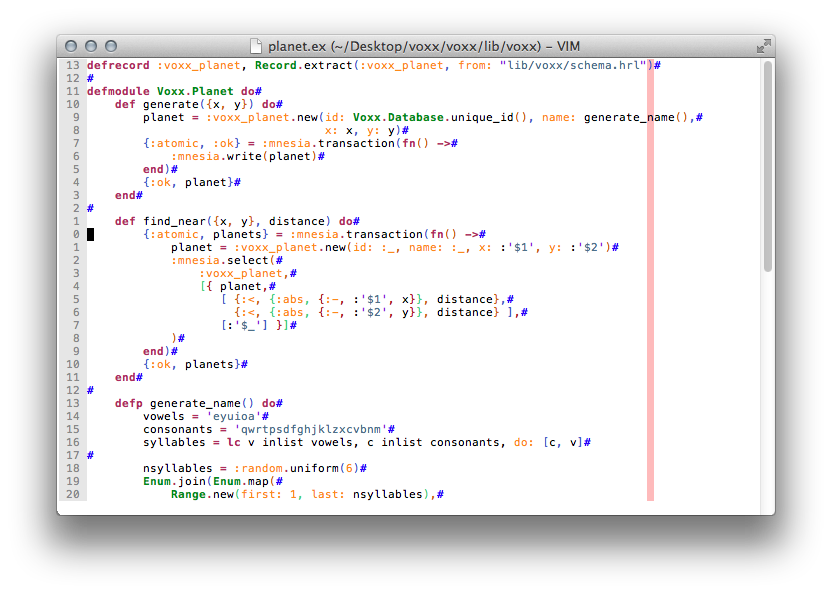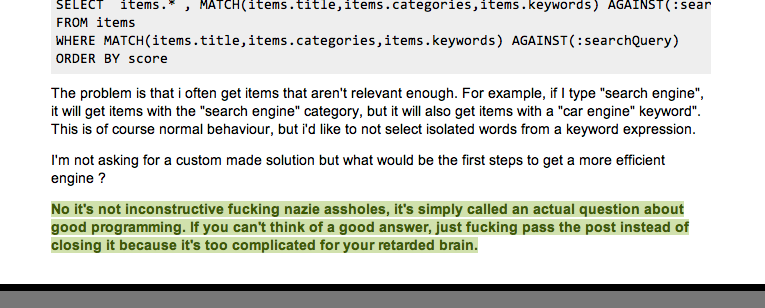00:00 - 04:0004:00 - 07:0007:00 - 09:0009:00 - 10:0010:00 - 12:0012:00 - 14:0014:00 - 17:0017:00 - 19:0019:00 - 21:0021:00 - 22:0022:00 - 23:0023:00 - 00:00
user1357851
user1357851
user1357851
user1357851
user142019
user142019
user142019
user142019
user142019
user142019
user142019
user142019
user142019
user142019
user142019
user142019
user142019
user142019
user142019
user142019
user142019
user142019
user142019
user142019
user142019
user142019
user142019
user142019
user142019
user142019
user142019
user142019
user142019
user142019
user142019
user142019
user142019
user142019
00:00 - 04:0004:00 - 07:0007:00 - 09:0009:00 - 10:0010:00 - 12:0012:00 - 14:0014:00 - 17:0017:00 - 19:0019:00 - 21:0021:00 - 22:0022:00 - 23:0023:00 - 00:00



